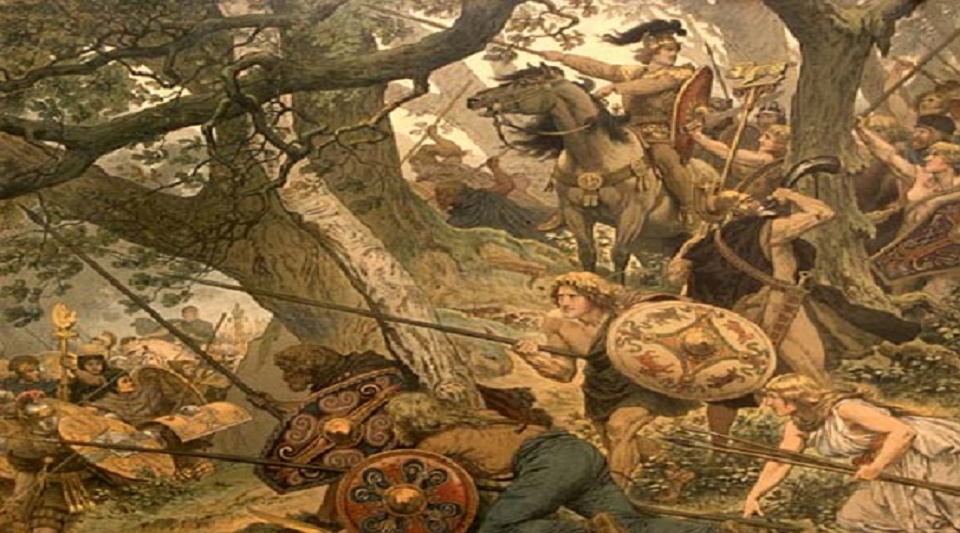
The battle of the Teutoburg Forest in 9 CE was a turning point in Roman and European history. A battle that was a complete catastrophe for Rome and would imply that the northern border of S.P.Q.R would forever after be the river Rhine.
A battle known by Roman historians as “clades Viriana” or the Varian Disaster, by German as the “Varusschlacht” (=”Varus Slaughter”), named after Publius Quinctilius Varus who was the Roman general leading three legions under emperor Augustus in a broader campaign to conquer Germania (a larger area today known as Germany).
This battle also meant that the Romans retreated from provinces previously occupied north of the river Rhine. One such area was the present village of Waldgirmes, about 40 kilometers north of Frankfurt. In this village, archaeologists from the Deutsches Archäologisches Institut recently made a fantastic finding; a 25-kilo horse head made in bronze and covered in gold.
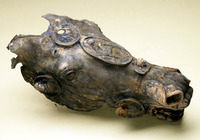
The Roman god Mars is depicted on the horse forehead, indicating that the rider must have been a prominent person, perhaps Augustus himself. Although the only part found of the rider is a foot. Experts say the statue dates to around 3 and 4 BCE when the outpost near Waldgirmes was set up.
The horse head was found in a well, 11 meters deep with a wood-reinforced well shaft. Probably dumped there by some villagers after the Roman evacuation of the outpost.
Below a video by German NTDTV at the press conference presenting the archaeological findings.

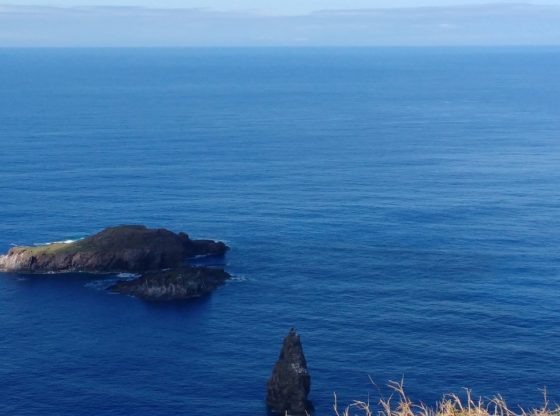
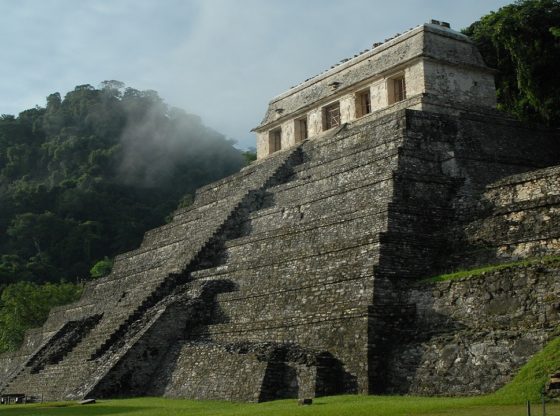
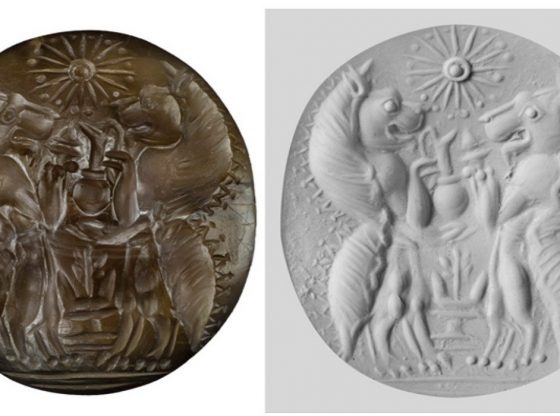
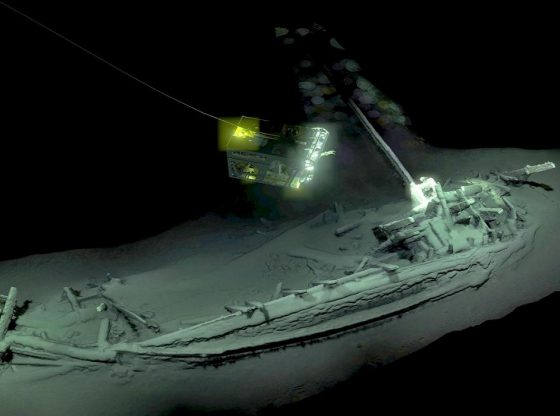

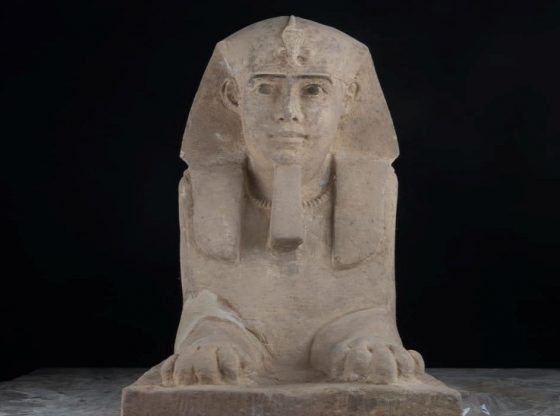


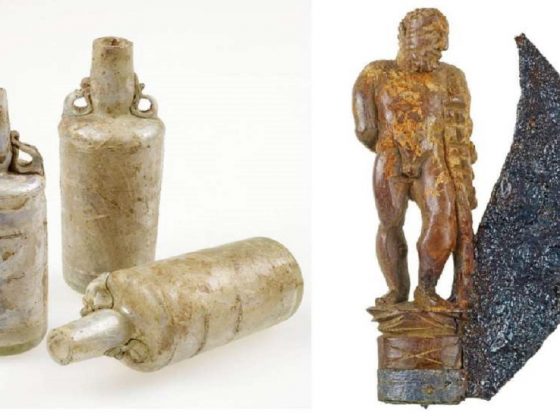

![OpenAI. (2025). ChatGPT [Large language model]. https://chatgpt.com](https://www.illustratedcuriosity.com/files/media/55136/b1b0b614-5b72-486c-901d-ff244549d67a-350x260.webp)
![OpenAI. (2025). ChatGPT [Large language model]. https://chatgpt.com](https://www.illustratedcuriosity.com/files/media/55124/79bc18fa-f616-4951-856f-cc724ad5d497-350x260.webp)
![OpenAI. (2025). ChatGPT [Large language model]. https://chatgpt.com](https://www.illustratedcuriosity.com/files/media/55099/2638a982-b4de-4913-8a1c-1479df352bf3-350x260.webp)








